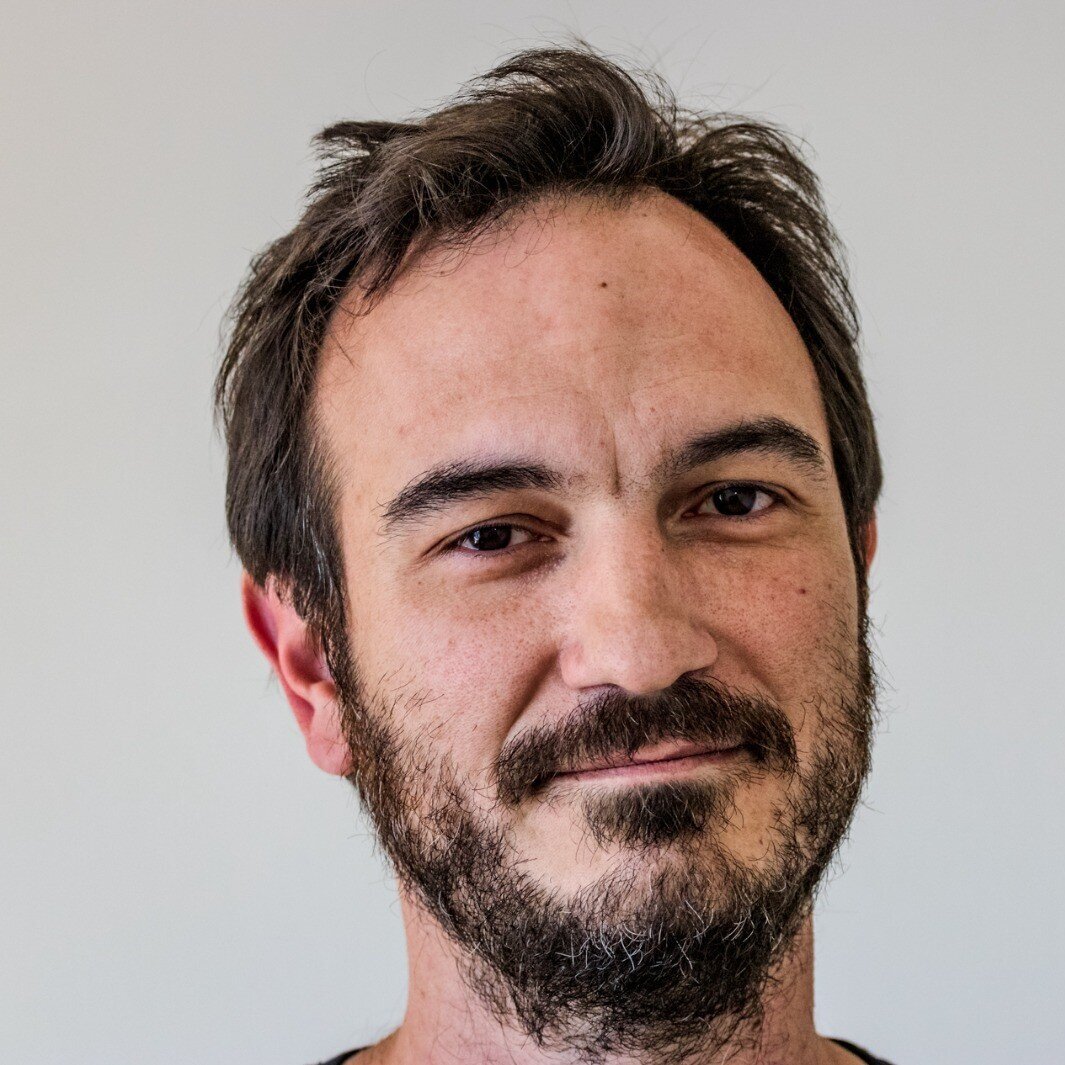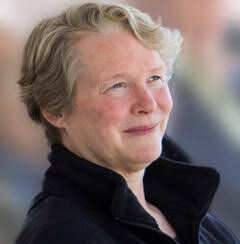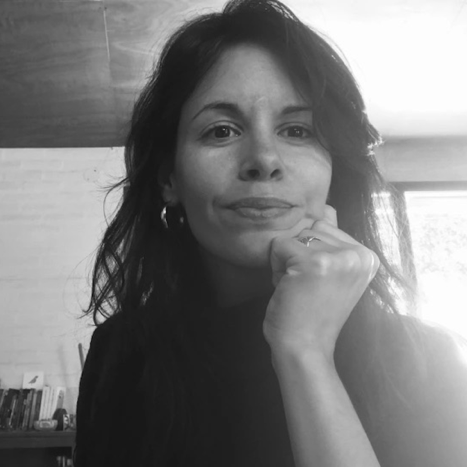Note: The recording is above is bilingual, with presentations in both English and Spanish. Recordings with simultaneous interpretation in English and Spanish will be added to this page soon.
Hydraulic fracturing (fracking) poses serious health and environmental hazards. These hazards have been documented and explored in hundreds of peer reviewed publications. These studies are categorized, summarized and analyzed in the 9th edition of the Compendium of Scientific, Medical, and Media Findings Demonstrating Risks and Harms of Fracking and Associated Gas and Oil Infrastructure, published in 2023 by Concerned Health Professionals of New York and Physicians for Social Responsibility. The Compendium covers topic areas including air pollution, water contamination, radioactive releases, birth outcomes, children’s health effects, and others.
Lessons learned within the United States are also relevant in other parts of the world. The forthcoming Spanish translation of the Compendium will make the full set of scientific information available to professionals and frontline communities confronting fracking-related hazards across Central and South America. It will also be useful for Spanish-speaking and Limited English Proficiency communities in the United States. A translation is currently available for the Compendium overview plus the full set of the studies reviewed on fracking infrastructure—from LNG and gas-fired power plants, to compressor stations and residential gas-fired appliances.
In this webinar, Dr. Kathy Nolan provided a brief overview of the science presented in the Compendium, with a focus on pathways of contamination and human health harms of fracking-related exposures. Fernando Cabrera discussed how fracking is threatening communities in Argentina. Nancy Piñeiro commented on the role of language justice in ensuring that affected communities have access to the scientific information they need.
This webinar was presented with simultaneous English/Spanish interpretation.
Impactos del fracking en Norteamérica y Sudamérica: recursos en inglés y español
En este webinario se presentó la primera entrega de la traducción al español del Compendio de hallazgos científicos, médicos y de medios de comunicación que demuestran los riesgos y daños del fracking (9ª. edición), publicado por Concerned Health Professionals of New York y Physicians for Social Responsibility.
Este proyecto permitirá que la información científica reunida en el Compendio esté disponible para profesionales y comunidades afectadas por el fracking en Latinoamérica. También será útil para las comunidades de habla hispana en Estados Unidos y aquellas con dominio limitado del idioma inglés (LEP). Al momento se encuentra disponible la traducción de la información introductoria del Compendio y todos los estudios revisados correspondientes a la sección sobre infraestructura del fracking: extracción y procesamiento de arenas, ductos y estaciones de compresión, GNL, centrales de energía eléctrica alimentadas con gas natural, estaciones de compresión y aparatos domésticos que funcionan con gas.
En este webinario, la doctora Kathy Nolan ofreció un panorama general de la literatura científica recogida en el Compendio, poniendo el foco en las vías de contaminación y las consecuencias del fracking en la salud humana. Fernando Cabrera habló sobre la amenaza que presenta el fracking para las comunidades de la Patagonia argentina. Y Nancy Piñeiro comentó brevemente sobre el papel de la justicia lingüística en el acceso a la información para las comunidades afectadas en Estados Unidos y Argentina.
Featured Speakers

Fernando Cabrera Christiansen is the coordinator of the Observatorio Petrolero Sur, an organisation based in Argentina that aims to make energy production and consumption fairer, more democratic, healthier and more sustainable. Fernando is a journalist and holds a Master's degree in Social Sciences. His research topics focus on the social and environmental impacts of Argentina's hydrocarbon policy. He has published several articles in academic journals and newspapers and edited compiled the book ‘Polos, injusticias ambientales e industrialización petrolera en la Argentina’ (Industrial Hubs, Environmental Injustices and Oil Industrialisation in Argentina).
Fernando Cabrera Christiansen es el coordinador del Observatorio Petrolero Sur, una organización con sede en Argentina que busca que la producción y el consumo de energía sean más justos, democráticos, saludables y sostenibles. Fernando es periodista y tiene un máster en Ciencias Sociales. Sus temas de investigación se centran en los impactos sociales y medioambientales de la política argentina de hidrocarburos. Ha publicado varios artículos en revistas académicas y periódicos y ha editado el libro «Polos, injusticias ambientales e industrialización petrolera en la Argentina».

Kathleen Nolan is a pediatrician and environmental and public health advocate, with training in epidemiology and research design. Dr. Nolan graduated with honors in philosophy and theology from Saint Louis University and received her Medical Degree, along with a Masters of Studies in Law, from Yale. She lives in the Catskills region of New York State, where she serves as Senior Research Director for Catskill Mountainkeeper, with her work focused on articulating the health impacts of high-volume horizontal fracturing and the state, national, and global importance of immediate shifts to clean energy solutions. She is President of the New York chapter of Physicians for Social Responsibility, a co-founder of Concerned Health Professionals of New York, and co-author of CHPNY’s Compendium of Scientific, Medical, and Media Findings Demonstrating Risks and Harms of Fracking.
Kathy Nolan es pediatra y defensora en temas ambientales y de salud pública, con formación en epidemiología y diseño de la investigación. La doctora Nolan se graduó con honores en Filosofía y Teología en la Universidad de Saint Louis (Misuri) y obtuvo su título en medicina, además de una Maestría en Estudios de Derecho, en la Universidad de Yale. Vive en la región de las montañas Catskills en el Estado de Nueva York, donde se desempeña como directora principal de investigaciones para la organización Catskill Mountainkeeper. Su trabajo articula las consecuencias del fracking en la salud con la importancia de un cambio inmediato a nivel estatal, nacional y global hacia energías limpias. Es presidenta del capítulo neoyorquino de Physicians for Social Responsibility, cofundadora de Concerned Health Professionals of New York y coautora del Compendio de hallazgos científicos, médicos y de medios de comunicación que demuestran los riesgos y daños del fracking.

Nancy Piñeiro is a technical-scientific translator from Argentina (IESLVJRF). She has been involved in research and translation related to socio-environmental issues since 2016. She is a doctoral student in Sociology at SUNY Binghamton (USA). Part of her work looks at the role of translation and linguistic justice in socio-environmental struggles, particularly the case of fracking, connecting the experiences of Argentina and the US. She has published in academic and non-academic spaces and has translated several books. She is the cofounder of the women’s translators collective, Territorio de Ideas, and a member of the journals New Voices in Translation Studies and Encounters in Translation.
Nancy Piñeiro es traductora técnico-científica (IESLVJRF) y becaria doctoral en el departamento de Sociología de la Universidad del Estado de Nueva York (SUNY Binghamton). Se especializa en traducción ambiental y de ciencias sociales e investiga el papel de la traducción y la justicia lingüística en luchas socioambientales, en particular, el caso del fracking, conectando las experiencias de Argentina y Estados Unidos. Ha publicado en espacios académicos y no académicos, y ha traducido varios libros. Es cofundadora del colectivo de traductoras Territorio de Ideas y miembro de las revistas académicas New Voices in Translation Studies y Encounters in Translation.
This webinar was hosted in partnership with Concerned Health Professionals of NY, a program of the Science and Environmental Health Network. The Spanish translation of the Compendium is being completed by Territorio de Ideas, commissioned by OPSur and the Heinrich Böll Foundation-Buenos Aires.
Este webinario se presentó en colaboración con Concerned Health Professionals of NY, un equipo de trabajo de la Science and Environmental Health Network. La traducción al español fue coordinada por el Observatorio Petrolero Sur, estuvo a cargo del colectivo Territorio de Ideas y contó con el apoyo de la Fundación Heinrich Böll–Buenos Aires y de más de dos decenas de organizaciones latinoamericanas.
